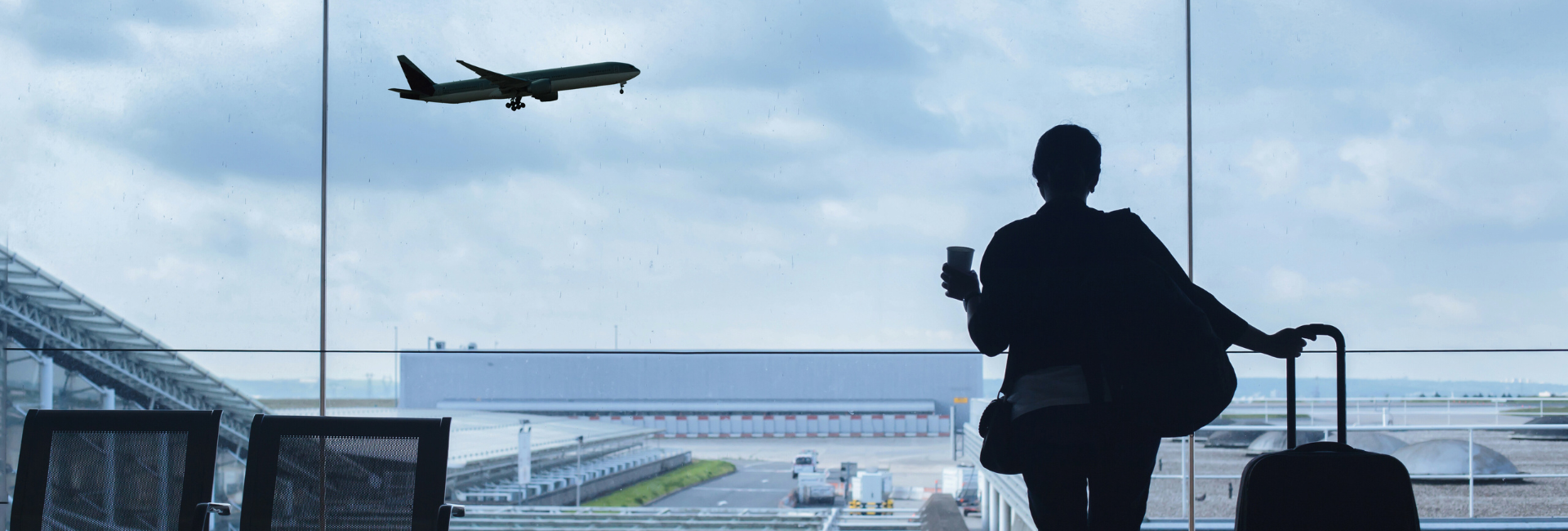
Travelling is a wonderful opportunity to explore new destinations and experience different cultures. For people with diabetes, planning ahead and being prepared will enable you to have a safe and enjoyable trip.
Here are some tips to help people with diabetes prepare for travel -
Before travelling
1. Inform your healthcare team of your plans at least one month before your trip.
- If you are crossing time zones, discuss with your doctor on how to change the timings of your insulin injections and medications.
- Obtain a travel letter from your doctor to indicate your medical condition, list of medications and medical supplies you need to carry with you.
- Obtain the necessary vaccinations
- Ask your doctor to prescribe stand-by medications for common symptoms, such as fever, diarrhoea, runny nose and motion sickness.
- If you are planning to engage in special activities, discuss with your healthcare team whether it is safe for you to do so.
2. Purchase travel insurance.
3. Locate healthcare facilities/clinics near where you would be staying in case of emergencies.
4. Let the airline know in advance if you have any special dietary needs.
5. Prepare a travel kit.
Preparing a Travel Kit
Keep your travel kit in your hand-carry luggage. Do not check-in the travel kit, insulin or tablets. Your travel kit should be kept within reach at all times.
Contents of the travel kit should include:
- Extra insulin and medications
- Insulated cooler bag with reusable ice gel pack to transport insulin
- Other standby medications (e.g. for diarrhoea, motion sickness etc.)
- Insulin pen needles or syringes
- Glucometer with extra batteries, test strips and lancets
- Continuous glucose monitoring sensors (if you are on them)
- Ketone meter with test strips (if you have Type 1 diabetes)
- Quick-acting carbohydrates such as sweets and glucose tablets to manage low blood sugar (hypoglycaemia)
- Carbohydrate snacks (e.g. biscuits)
- Travel letter
- A copy of your recent prescription, in case you lose your medications
How to transport insulin
Store your insulin in an insulated bag or container, with a cold gel pack in a separate compartment within the bag. If the cooler bag has no separate compartments, you can wrap a towel around the gel pack. Do not put insulin directly in contact with ice or a gel pack – instead, separate them with a small towel.
When you arrive at your destination, keep the unopened insulin in a refrigerator. Do not freeze insulin.
Store opened pens/vials of insulin in a cool place. In hot climates, store insulin in a cool place. Avoid placing in direct sunlight or in a hot vehicle. In cold climates, do not expose your insulin to freezing temperatures.
Travelling with glucose test strips
Store glucose strips at temperatures between 4°C to 30°C. Take note that glucose strips may not function accurately at temperatures below 4°C and above 40°C.
Travelling with glucose sensors
Glucose sensors can go through the airport metal detector, but they should not go through an X-ray scanner. Do not go through an X-ray scanner or full body scanner if you are wearing a continuous glucose monitoring sensor (CMGS) or flash glucose monitoring sensor.
Safety Tips
- Take your diabetes medications as prescribed. Be aware of differences in time zones.
- You may be more active or eat more than usual. Check your blood glucose levels regularly (before meals and at bedtime), and whenever you experience symptoms of low blood sugar (hypoglycaemia) or high blood sugar (hyperglycaemia).
- Wear comfortable shoes.
- Drink sufficient water.
- Eat healthily.
- Take precautions to avoid traveller’s diarrhoea.
- Please seek medical attention if:
- You have misplaced your insulin and/or medications.
- You feel persistently unwell e.g. Fever, nausea, vomiting or diarrhoea.
- Your blood glucose is persistently less than 4mmol/L.
- Your blood glucose is persistently more than 14 mmol/L.
- You have elevated ketones (if you have Type 1 diabetes mellitus).
- You sustain an open wound.
Additional Resource
Travelling Overseas by HealthHub
Back to Top


















